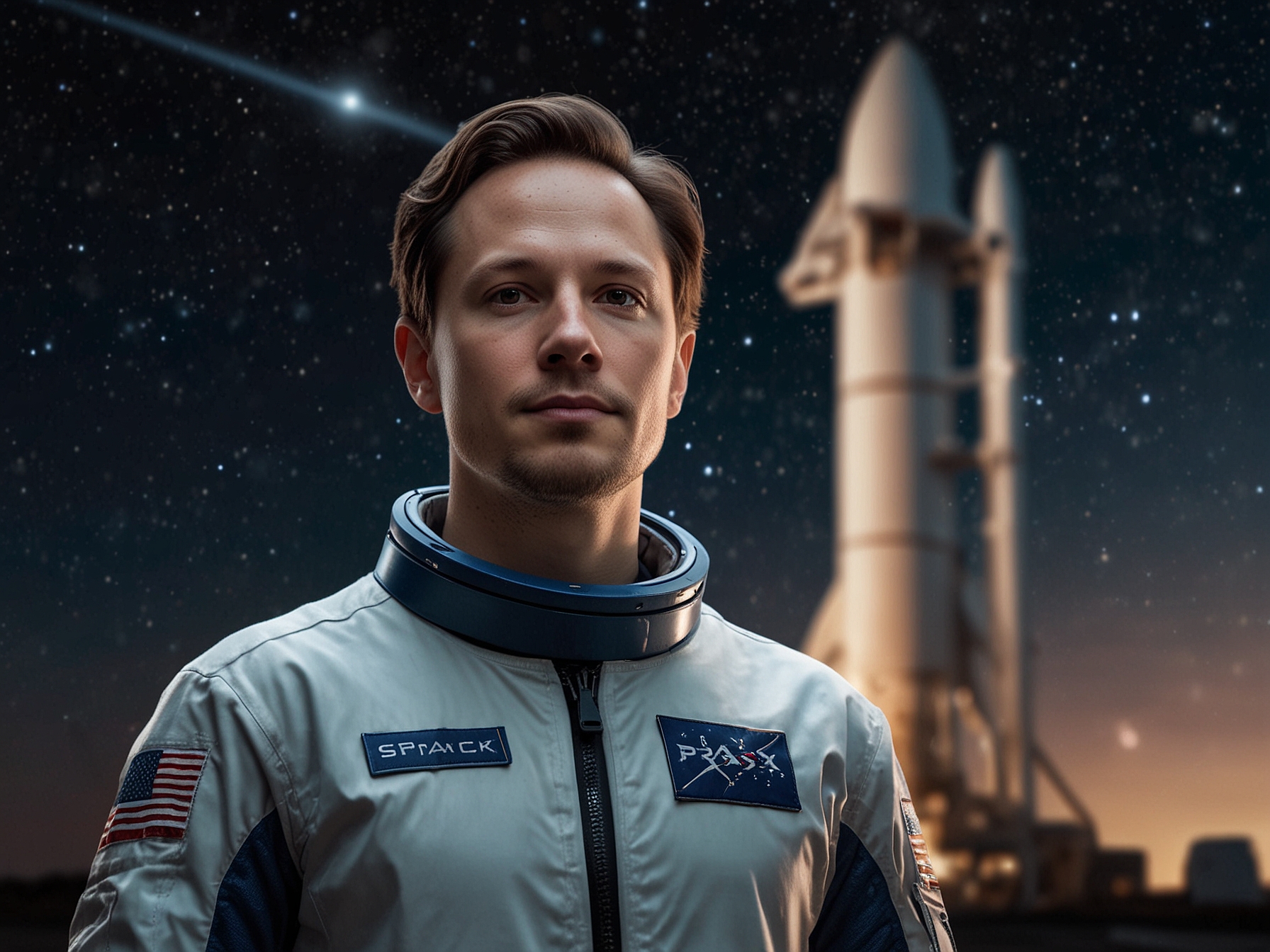On Wednesday, President-elect Donald Trump made headlines. He announced his plan to nominate billionaire entrepreneur Jared Isaacman to head NASA. This choice raised eyebrows, considering Isaacman’s lack of traditional experience in the federal government.
Isaacman, at just 41, is perhaps best known as the founder of Shift4, a successful payment processing firm. His ascension to space travel came at his own expense. Two flights aboard SpaceX missions proved his commitment to venture beyond our planet.

Trump praised Isaacman on Truth Social. He said Jared will be pivotal in pushing NASA toward new heights. As Trump stated, Isaacman will drive NASA’s mission of discovery and inspiration. This is a critical time as the U.S. aims for the moon and beyond.
“Having seen our amazing planet from space,” Isaacman expressed his pride in America leading the charge in space exploration. His words carry weight, especially in a world filled with competition. I can’t help but feel optimistic about his vision for NASA’s future.
Isaacman’s connection with Elon Musk is significant. The two billionaires share ambitious goals for space travel. Musk congratulated Isaacman on X shortly after the nomination. Could this friendship lead to groundbreaking advancements in space technology?

His Polaris Program with Musk aims to push boundaries. It envisions three unique flights, testing new technologies for deeper space endeavors. The first mission, Polaris Dawn, became historic. It marked the first all-civilian spacewalk, something that many probably didn’t expect to see just a few years ago.
What makes this nomination intriguing is Isaacman’s financial independence. With self-funded spaceflights, he showcases the rise of commercial space travel. NASA’s partnerships with private companies like SpaceX symbolize a shift in how our government approaches space exploration.
Current NASA administrator Bill Nelson has held the position since May 2021. An experienced astronaut, he helmed the role during a transformative time. Comparing the backgrounds of past leaders, it seems that Isaacman may steer NASA in a different direction.

Isaacman’s vision stands in stark contrast to tradition. His aspiration extends beyond mere exploration; it includes making life on Earth better. This dual focus resonates with many. Can we really reconcile the pursuit of space with pressing needs on our home planet?
He’s made bold promises. Isaacman insists we will not lose our edge in space again. Americans will return to the moon and eventually set foot on Mars. His confidence is infectious. After all, who among us doesn’t dream of seeing humans set foot on the red planet?
China’s growing ambitions cannot be ignored. With plans to land astronauts on the moon by 2030, competition is heating up. The pace of space exploration is accelerating globally. Will Isaacman’s leadership be the key to ensure the U.S. remains at the forefront?
In the face of this challenge, it feels like history is repeating itself. We are at yet another pivotal moment in space exploration. Yet, in watching these developments unfold, I feel a measure of hope. Hope that innovation and determination can still win the day.
NASA stands at a crossroads. Will it adopt a newly commercialized approach under Isaacman? Or return to its roots? The answers will shape the future of not just NASA but humanity’s voyage in the stars.




